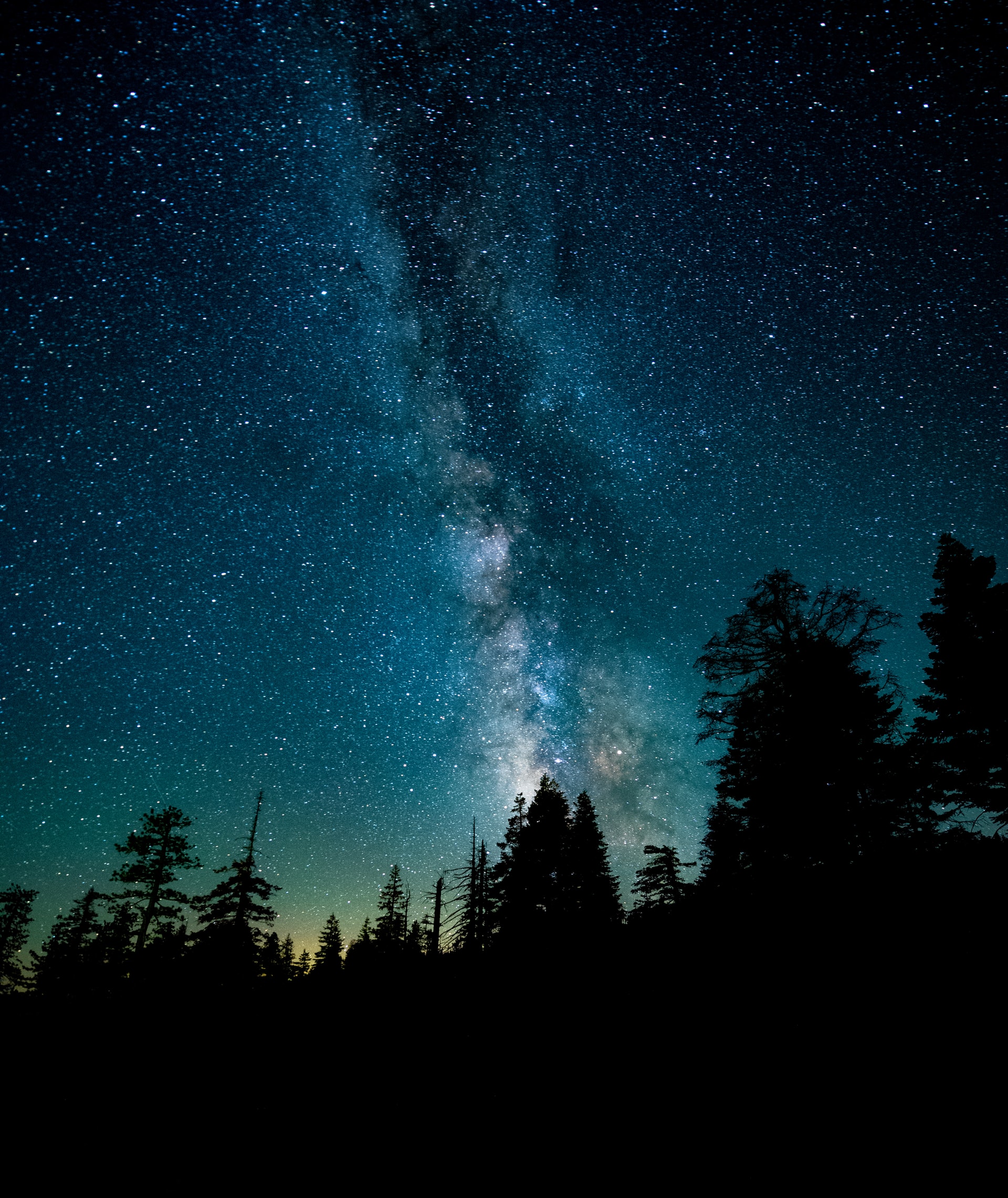
Discover the latest news on events around the world.
Sciences
What can we see in the sky?
Approximately 6,000 stars in total, or 2,000 to 3,000 stars at a given time and place. This number is related to the sensitivity of the human eye and assumes a good quality of sky. In cities, it falls to a few dozen because of light pollution.
The planets Venus, Mars, Jupiter and Saturn are easily visible. Mercury can also sometimes be detected at dusk. To admire these planets, you just need to know their periods of visibility and learn how to spot them without confusing them with stars since they are as punctual as they are because of their distance.
Lifestyle
Favour colors that go perfectly with your complexion.
Nothing does more harm to a look than a color that doesn’t match the face. It gives a sick look, highlighting skin imperfections, age changes, and other flaws. For this reason, it is necessary to know the color palette that suits you best and that you should use, to have them in your wardrobe.
Events
Why have a festival?
Because you have music for several days. The advantage of festivals is that they usually last more than one evening. It’s an opportunity to get your ears full with all the artists who come one after the other. Hours and hours of music to travel and fill up with energy…
Even if when you come out of the festival, you’re exhausted and all you want to do is go to bed!
Nuclear energy
Nuclear energy
Nuclear energy is “localized” in the nucleus of atoms. In current nuclear power plants, the fission (breaking) of uranium nuclei is used, an element found on earth in mines. Uranium mines will one day be exhausted just like coal, gas and oil.
At the rate of use of the resources currently being exploited, the reserves of oil are estimated at 40 years, conventional natural gas at 60 years, and coal at 120 years. Reserves of uranium, the fuel of nuclear energy, are estimated at 100 years with the current reactors.

